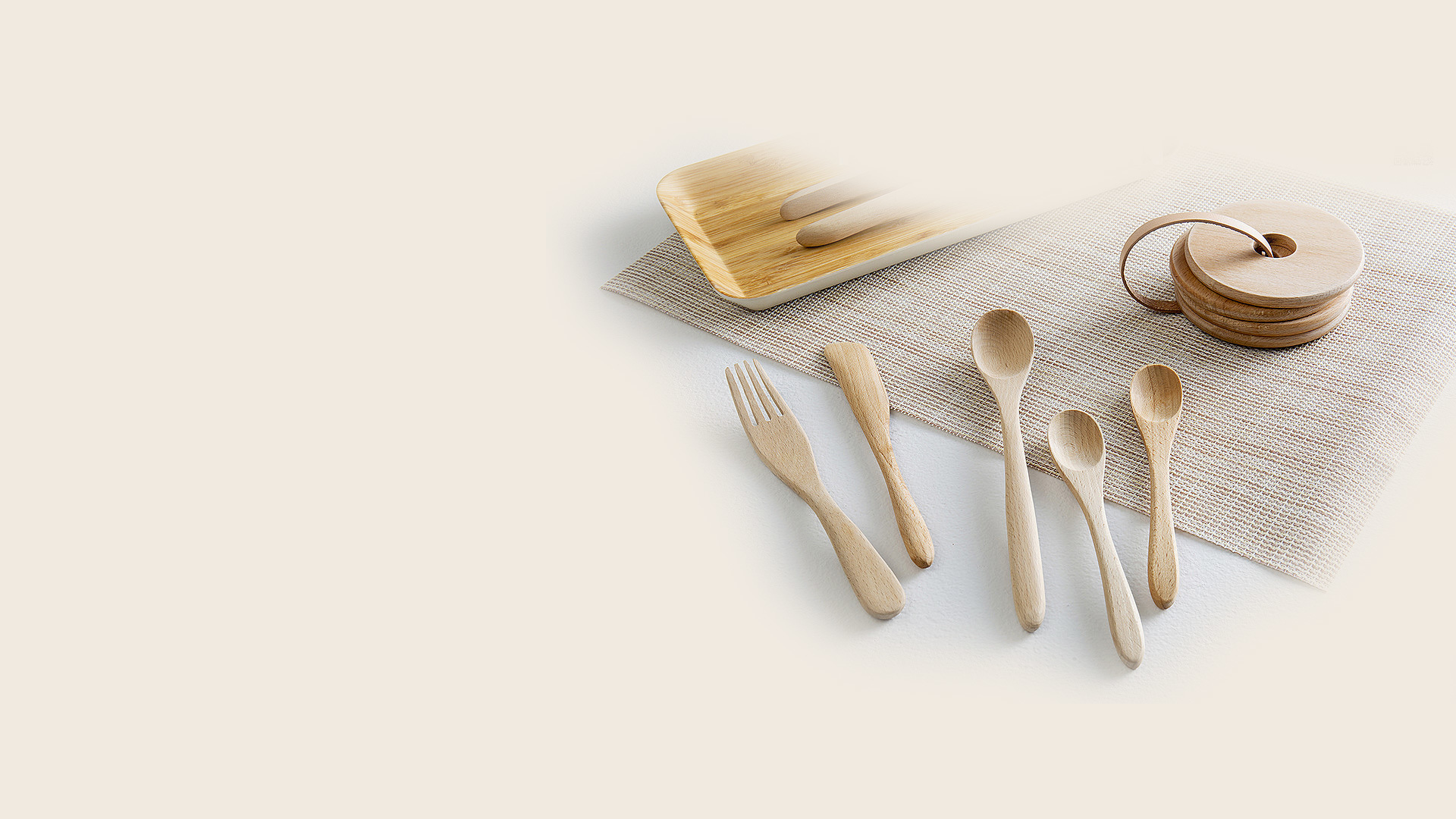Centered around customer satisfaction, respond to problems promptly and efficiently address various needs during the usage process.
Handling of quality issues
If there are production quality issues such as cracking or damage to the tableware, return or exchange is supported (the original packaging must be retained and the product should be in an unused state). After receiving the problem feedback, the situation will be confirmed within 24 hours, and the return, exchange, or refund will be completed within 3 working days.
Usage guidance
Provide suggestions on the applicable scenarios of tableware (such as avoiding serving overly hot food, and suggesting short - term use for acidic/oily foods, etc.).
Answer usage questions in real - time via phone calls and customer service messages.
Complaint response
Accept feedback from multiple channels such as phone calls and online customer service. All complaints/suggestions will be 100% accepted. For general issues, a solution will be provided within 24 hours. For complex issues, the handling progress will be informed within 3 working days.
This FAQ covers common questions such as product safety (materials, hazardous substance testing), usage scenarios (high/low temperature resistance range, types of applicable foods), maintenance precautions (moisture-proof, avoiding long-term contact with special food ingredients), and after-sales policies (return and exchange conditions and procedures), providing you with clear answers and usage guidance.
Wash wooden tableware immediately after use with warm, soapy water. Avoid soaking them for long periods. Dry thoroughly with a towel and let them air dry completely to prevent moisture buildup that causes mold.
No. Extreme heat and moisture in microwaves and dishwashers can cause warping, cracking, and damage to wooden utensils. Always hand wash and keep them away from direct heat sources.
Cracks form due to exposure to excessive moisture or dryness. If the board dries out too much, the wood contracts and splits. Conversely, prolonged soaking causes swelling and eventual cracking. Regularly oiling the board helps maintain its moisture balance.
Make a paste of baking soda and water, then gently scrub the stained area with a soft brush. Rinse thoroughly and dry immediately. For tough stains, you can also try rubbing the surface with a mixture of lemon juice and salt.
Yes, wooden utensils are heat-resistant and won't react with hot foods or release harmful chemicals. However, avoid sudden extreme temperature changes, like moving a cold wooden utensil directly into boiling liquid, as this can cause cracking.
For regular use, oil your wooden tableware every 2 - 4 weeks. If you use them less frequently, once every 2 - 3 months is sufficient. Signs that your wooden items need oiling include a dry, dull appearance or rough texture.
Wooden spoons are gentle on non-stick surfaces and won't scratch the coating, making them a safe choice for cooking. Their soft texture ensures your cookware stays in good condition for longer.
Lingering food odors can get absorbed by the wood. To remove odors, soak the tableware in a solution of warm water and white vinegar for 15 - 20 minutes, then wash and dry as usual. You can also rub the surface with lemon slices or a tea tree oil - diluted solution.
Store wooden utensils in a dry, well - ventilated area. Avoid stacking them tightly, as this can cause warping. Hanging them or placing them in a utensil holder with enough space between each item is ideal.
Yes, wooden tableware is generally safe for children and babies, as long as it's made from food - grade wood and finished with non - toxic oils or sealants. Check the product labels for safety certifications and avoid using wooden items with splinters or rough edges.






